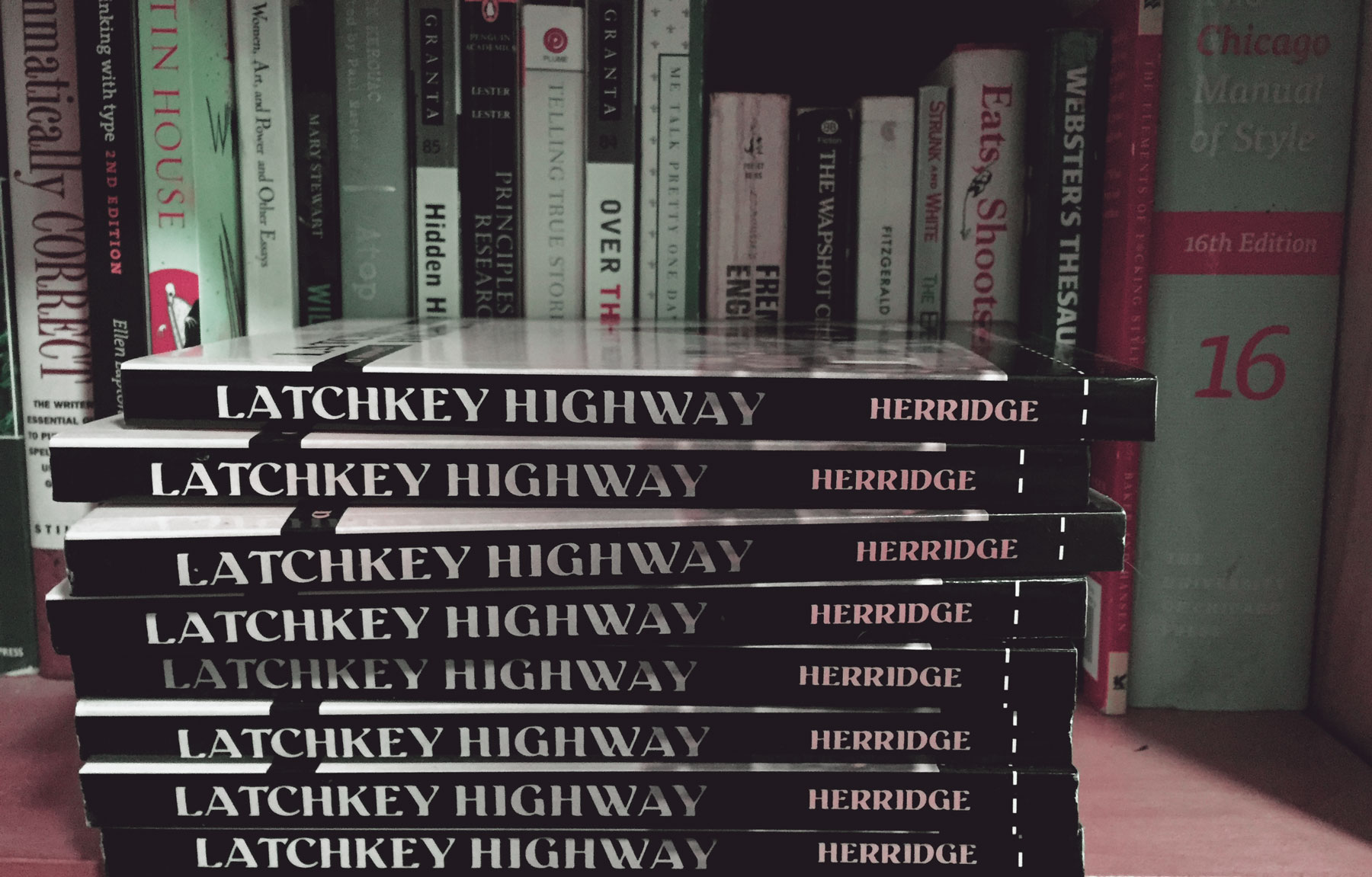Adults (are supposed to) teach young people skills—not just things like how to swim, boil an egg, care for a plant, or clean a car, but how to problem-solve, reason, resolve conflict, and protect one’s self. All these skills and many more create a foundation for success, hopefully building a well-adjusted person.
You take what your parents taught you, what you learned in school, and what you discovered through mistakes, mishaps, and blunders and present it [yourself] to the world for consideration. For the love of all that is fabulous, let’s hope your family taught you to be a staunch combination of confident and self-aware. Independent and loving. Assertive and respectful. Etc., etc.
Having said that, a socially awkward person can get by just fine. I did okay in my early 20s for a few years. I had youth on my side, and a complete ignorance of how unusual my situation was. I was a cute and dumb former foster-kid with—at the time—a relatively clean bill of health and a penchant for physically active work. I was a hotel valet for a while, and I loved the job. It kept me in great shape. I do wish I’d had better skills at handling workplace sexism and misogyny, but, live and learn, I guess.
And then it all went sideways…
By the end of my 20s my undiagnosed diseases had become a real problem, and none of it would get any better any time soon. So there I was, a young adult without a family, in the U.S. at the turn of the 21st century, and my health sliding down a mountain.
20-some years later I’m in therapy, and this, among other things, is what I’ve learned:
All those skills I was never taught—as I didn’t have an adult in my life after the age of 12 who was committed to my success—I could have picked up down the road, had I been in good health. Conversely, I could have managed better as my health deteriorated, had I had a supportive family, or at least one stable person on my side. But overcoming both disadvantages in what people are calling late-stage-capitalism was too much for one girl, even a White girl. Maybe some can do it. And my gosh, I applaud them! I couldn’t. Call me what you will; weak, lacking, worthless. Maybe. But I did the best I could, and even so, my future is uncertain as an American. I could not succeed with a failing body and being completely on my own… though not for a lack of trying.
Now that I have this knowledge, what do I do with it?
I have a platform to write about what it’s like to be economically challenged and have chronic health issues. I don’t write about this for me, I tell the story so that someone might look at a disabled or homeless American differently next time. If you don’t know why someone has failed to achieve the so-called American Dream, maybe part of the answer is in my story.


